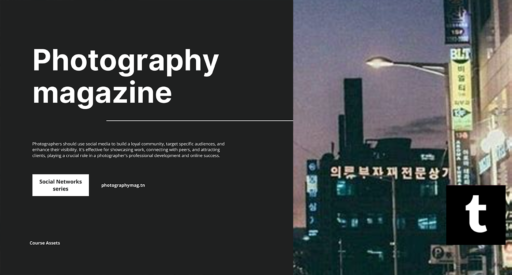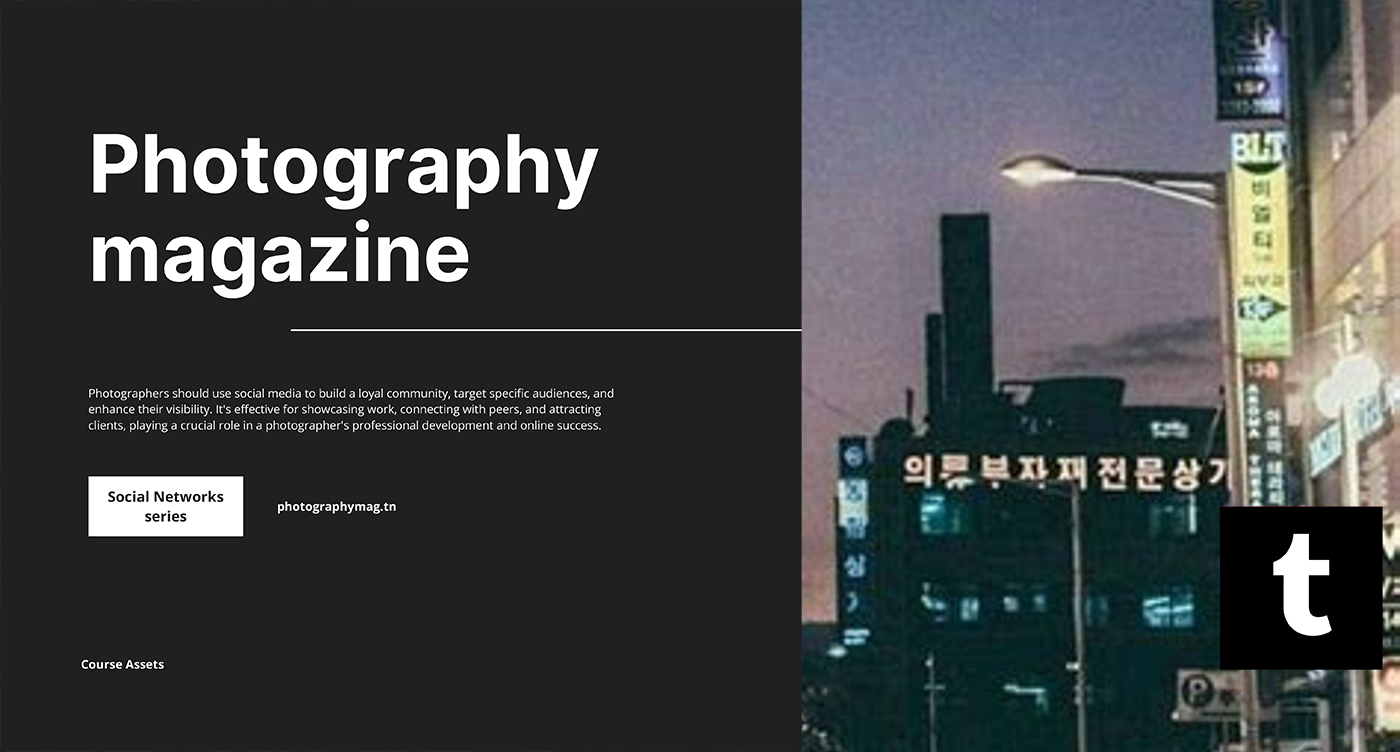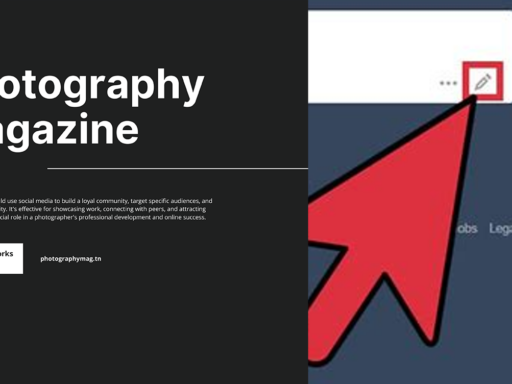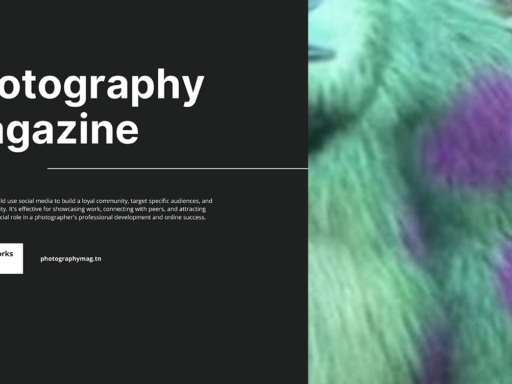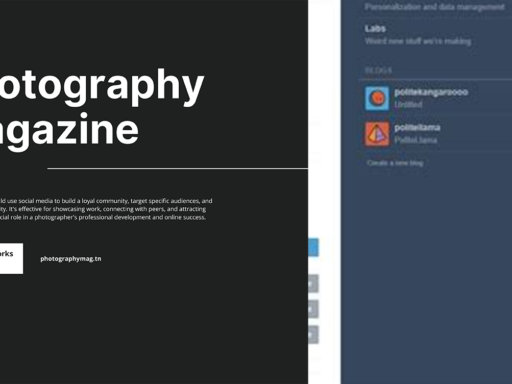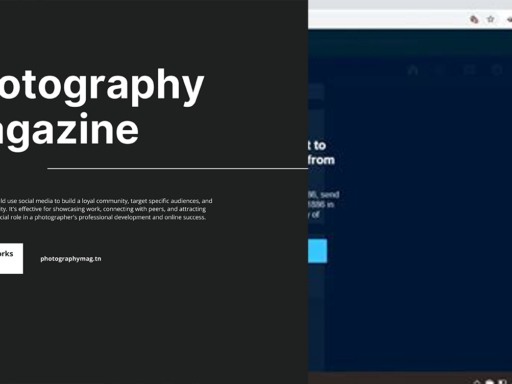Ah, Tumblr—the quirky corner of the internet that thrives on gifs, fandoms, and cat memes galore. But here’s the million-dollar question: Is Tumblr allowed in South Korea? Let’s unfold this digital saga together!
First off, let’s address the elephant in the room: Tumblr has no physical presence in South Korea and is not subject to its jurisdiction or laws. Now, before you start imagining a scenario where Tumblr is stomping through Seoul like a digital Godzilla, let’s break this down.
In South Korea, like in many other places, you can access Tumblr freely. Just pop that trusty VPN on—if you need it for snooping around—and wham, you’re in! It’s like entering an exclusive club where the bouncer does not even care to see your ID. South Koreans, like many netizens around the globe, dive deep into this platform to express themselves, share their art, and gracefully scroll through endless posts of self-deprecating humor and aesthetic inspiration.
However, let’s keep things spicy—what about the content? South Korea is known for its strict laws surrounding internet content that could be deemed inappropriate or harmful. So, while Tumblr might not be banned, just like a potato chip in a bag, (who can have just one?), users should definitely be aware of what they are posting. After all, posting a meme about K-Pop is one thing, but sharing NSFW content? That might raise an eyebrow or two (or ten) from the internet police. Remember, it’s like the polite society of social media: keep it clean, keep it classy.
And speaking of content, the Korean government has its own little agenda when it comes to online platforms. They often monitor content for anything that might disturb the peace, like violent videos or extreme hate speech. So, while you can post your cute fan art or that meme you just created about your favorite K-Drama, make sure you aren’t crossing any invisible lines.
Moreover, the younger generation in South Korea loves Tumblr for its creative outlets. It’s a haven for artists and writers craving a space where they can showcase their imagination and connect with like-minded folks. The beauty of Tumblr lies in its unrestricted nature (well, kind of), allowing users to display their gifs and fanfics without too much interference. It’s like shouting your thoughts into a void that yells back “YES, THIS IS ART!”
We have to talk about the elephant’s cousin, “censorship.” While you may be prancing about on Tumblr like it’s an all-you-can-eat buffet, the government doesn’t shy away from stepping in if they feel something is amiss. For instance, if they catch wind of any sketchy posts that could cause a fuss, they reserve the right to take action. It’s their playground after all, and while you may think of it as a free-for-all, they ultimately hold the keys.
If you’ve missed the memo, many South Koreans know quite well how to twist a VPN into their routine. Some people consider using these digital cloaks for a tinge of anonymity or to explore parts of the internet that may have a verboten status. Just think of it as a digital disguise while you dance across the web’s landscape.
In conclusion, you can absolutely enjoy your Tumblr experience in South Korea with all the gifs, art, and nostalgic posts! Just remember, while you’re out there living that Tumblr life, it’s essential to be aware of the online environment. You don’t want to be that person who gets carried away and posts something that sends chills down the internet police’s spine. So, embrace the world of Tumblr, but keep one eye on what’s acceptable content; it’s a wild, playful world out there, but it’s best to navigate it with a sprinkle of caution! Who knew living the Tumblr dream in South Korea could come with such an entertaining checklist?
